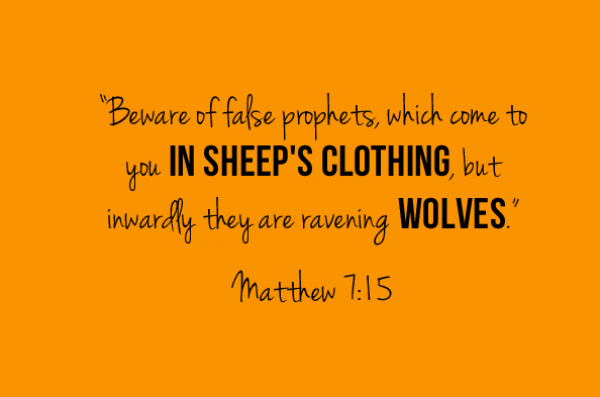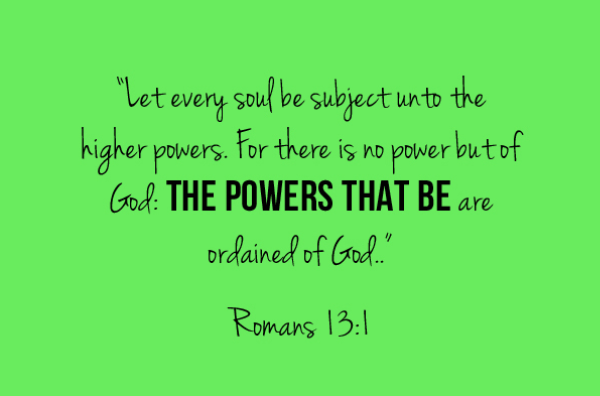There are plenty of common sayings in our lexicon today that are biblical in origin. Most people probably can recognize the biblical reference in the phrase "forbidden fruit" or "good Samaritan"; however, there are many more things we say every day that are from the Bible.
Before the invention of the printing press, families usually owned one book: the Bible. Children learned to read using the scripture, and verses were commonly memorized, because when you only have one book to read, well, eventually you'll have it memorized.
It's because of the ubiquitous nature of the Bible that biblical phrases have become a part of our vernacular. Whether or not you're well-versed in the good book, chances are you have been using these phrases all your life. Here are 10 common sayings that are biblical in origin.
"Fight the good fight"

Elizabeth Abrahamsen
The Apostle Paul wrote to Timothy from prison, encouraging him to fight for his faith. Today we use it to signify persistence in the face of obstacles.
"A wolf in sheep's clothing"

Elizabeth Abrahamsen
Jesus spoke these words in the Sermon on the Mount. Today we use this phrase to mean a person who seems benign but has malicious intentions.
"Rise and shine"

Elizabeth Abrahamsen
Despite its modern use as a cheery morning greeting, the phrase "rise and shine" in the book of Isaiah is more meant to be a call to action. Rather than rising from sleep, the verse is encouraging believers to stand and allow the light of God to shine through them.
"The powers that be"

Elizabeth Abrahamsen
Today we use the phrase "the powers that be" to refer to those who are in charge. This verse essentially says that, for better or for worse, all power comes from God.
"Go the extra mile"

Elizabeth Abrahamsen
When we say "go the extra mile" we mean "do more than you're obligated to do." In the time of Christ, however, it was more than a metaphor. The Roman occupation of the Holy Lands came with certain laws. One of which was that if you were asked by a Roman soldier to carry equipment for him, you had to do it for one mile. Jesus was telling people to very literally go ahead and go one more mile.
"By the skin of your teeth"

Elizabeth Abrahamsen
The book of Job is fraught with tragedy. At this point in the story, Job, who was a rich man, had lost everything. His flocks, his land, his riches, even his children are gone. He is understandably grief-stricken and is expressing how much he has lost in the wake of so much tragedy. He is barely holding on to life.
"A fly in the ointment"

Elizabeth Abrahamsen
When we refer to someone or something as "the fly in the ointment" it means they're ruining everything. You can imagine how bad perfumed ointments would smell if a dead fly got into the jar.
"Give up the ghost"

Elizabeth Abrahamsen
Metaphorically, when we say "give up the ghost," we mean to let something die, which is exactly how it is used in the Bible.
"Suffer fools gladly"

Elizabeth Abrahamsen
When someone says "I do not suffer fools gladly," they mean they're not putting up with your nonsense. However, in Paul's letter to the Corinthians, he mentions that people do tolerate (or suffer) fools, because they know that they themselves are wise.
"The blind leading the blind"

Elizabeth Abrahamsen
When the blind lead the blind they'll both end up in the ditch. 'Nuff said.




